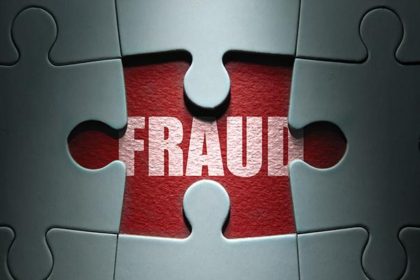
Over the last year, HMRC has received 975,420 referrals of suspicious contact from the public with 552,885 of these relating to bogus tax rebates
This is an increase of 71.3% with 2019 recording 569,140 referrals. There has also been a huge 1,350% increase in Covid-19 relief scams, as criminals target Covid-19 furlough scheme recipients and businesses.
In February 2020, HMRC recorded 34,538 complaints of fraudulent activity rising by 206% with 105,906 complaints reported in January 2021.
They have also detected almost 450 Covid-19 related financial scams since March 2020, most were sent by text message seeking to tempt people to respond with information about furlough payment claims.
The HMRC figures show an increase of fraudulent activity across all three sectors – emails, SMS, and phone which increased by 51%. Working with the telecoms industry and Ofcom, HMRC identified 2,968 phone numbers being used to commit HMRC-related phone scams. It also reported more than 19,820 malicious web pages for takedown and asked internet service providers to take down 402 Covid-related scam web pages.
An HMRC spokesperson said: ‘If someone calls, emails or texts claiming to be from HMRC, saying that you owe tax and face arrest, are due a tax refund, asking you to transfer money or for bank or other personal details, it might be a scam. Check gov.uk for our scams checklist and to find out how to report tax scams.
‘Criminals are taking advantage of the package of measures announced by the government to support people and businesses affected by coronavirus. Scammers text, email or phone taxpayers offering spurious financial support or tax refunds, sometimes threatening them with arrest if they don’t immediately pay fictitious tax owed.’
HMRC continues to urge the public to be vigilant and to follow the advice given out by the department which is to ‘Stop, Challenge, Protect’. This advice tells you to take a moment to think before parting with your information or money, to reject, refuse or ignore request as criminals will try to rush and panic you, and to report any suspicious activity you have experienced to HMRC.
The department also offers a checklist which can help the public to identify that what they have received is fraudulent. HMRC says that it could be a scam if it is unexpected, offers a refund, tax rebate or grant, asks for personal information like bank details, is threatening or it tells you to transfer money.



